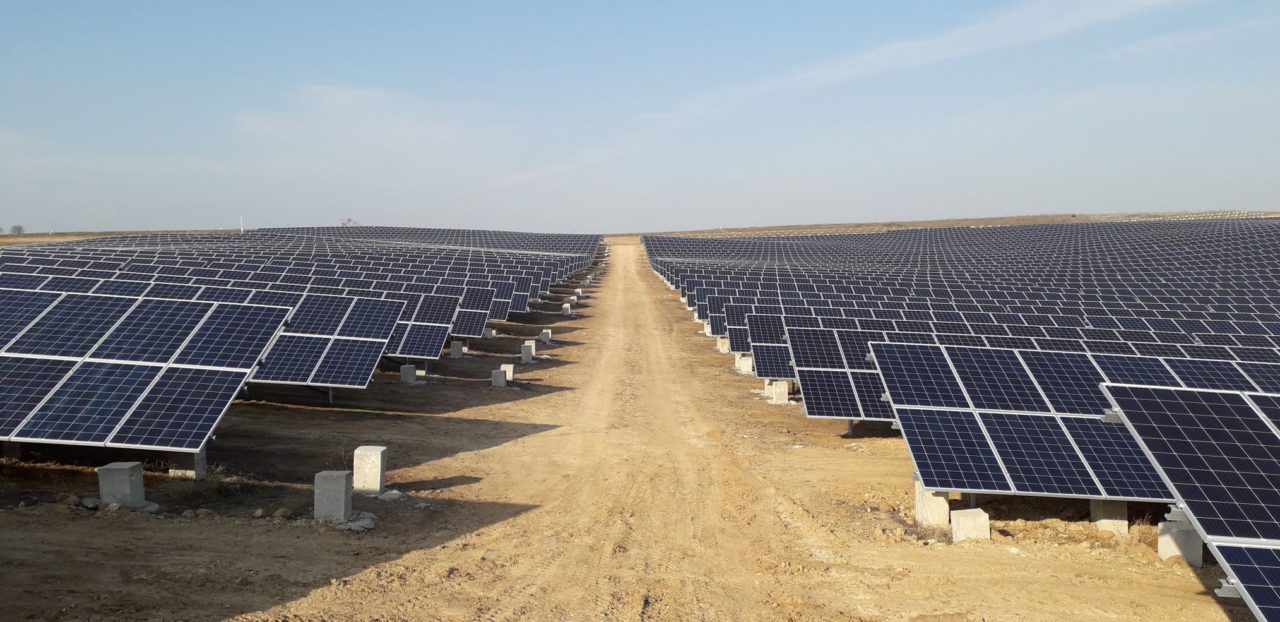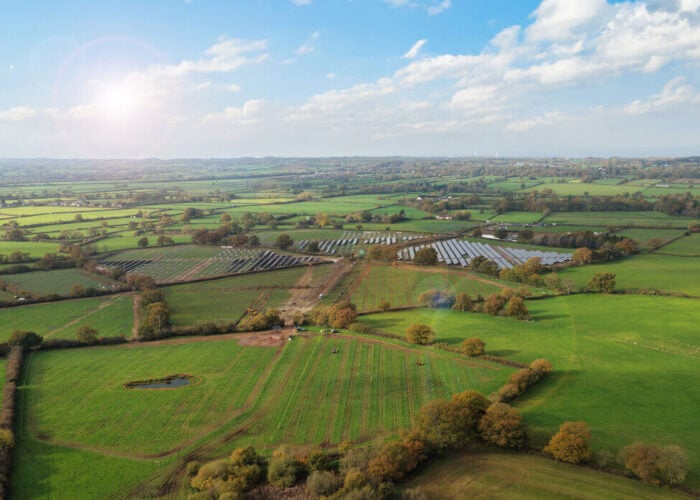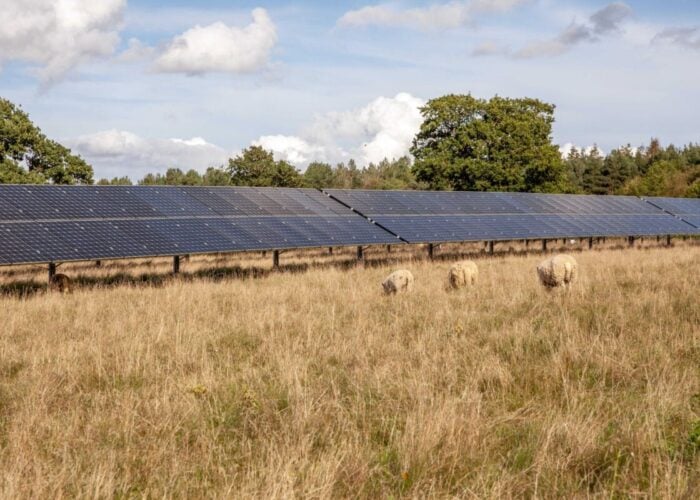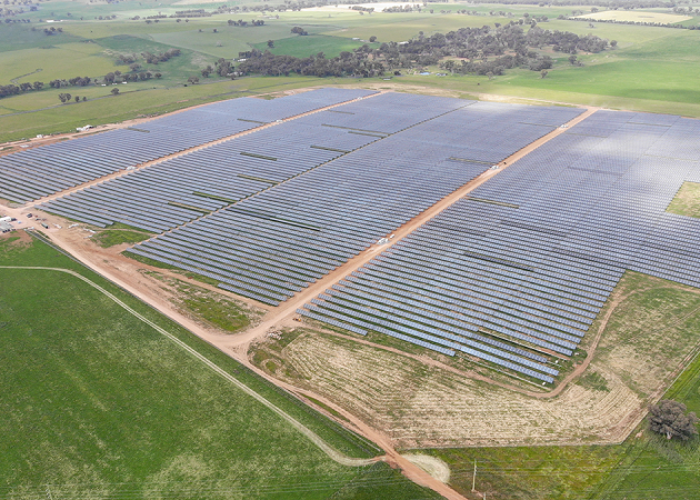
The renewables sector has been named among the most pandemic-resilient infrastructure sub-sectors, thanks in part to its ability to secure finance as well as government efforts to grow the green economy, according to a new white paper from investment firm Foresight Group.
The analysis, which examined 23 sub-sectors, showed that while infrastructure as an asset class has proved to be highly pandemic resilient, there are substantial differences in the performance of various industries.
Try Premium for just $1
- Full premium access for the first month at only $1
- Converts to an annual rate after 30 days unless cancelled
- Cancel anytime during the trial period
Premium Benefits
- Expert industry analysis and interviews
- Digital access to PV Tech Power journal
- Exclusive event discounts
Or get the full Premium subscription right away
Or continue reading this article for free
While global investment in renewables is forecast to decline 10% in 2020 due to COVID-19, the effect on utility-scale solar PV is expected to be much less due to its declining levelised cost of electricity, the report notes. Driven by a range of funding commitments, the UK’s utility-scale PV pipeline saw 2.6GW added in H1 2020, compared with 2.9GW secured in all of 2019.
Meanwhile, with governments under pressure to ensure a green recovery from the pandemic, the renewables sector is also a top performer in terms of political and regulatory resilience. The ‘Next Generation EU’ roadmap presented by the European Union in May singles out solar and wind as one of four strategic pillars of the EU’s post-COVID economy, alongside building renovation, clean transport and others.
The white paper noted that while utility-scale solar has improved its cost resilience during the pandemic, coal-fired power has been hit by high fixed costs as well as low electricity demand, resulting in the UK going two months without coal generation earlier in the year.
Given that the manifestation of future pandemics will be unpredictable, diversification by investors across a range of infrastructure sub-sectors will be important in helping to mitigate future pandemic risk and limit adverse impacts, the report said.
London-headquartered Foresight Group manages over 150 solar plants and has more than 1.4GW of solar generation assets around the world. The company last week announced the formation of a joint venture with Elgin Energy to develop a pipeline of solar projects in the UK with a total generating capacity of 200MW.
Speaking of the deal, Foresight director Peter Bolton said: “We see solar PV enjoying a second phase of growth driven by continuing optimisation of assets and the ongoing reduction in the capital costs. The need to meet net zero targets and the potential reintroduction of government support will further encourage the deployment of utility-scale solar.”






